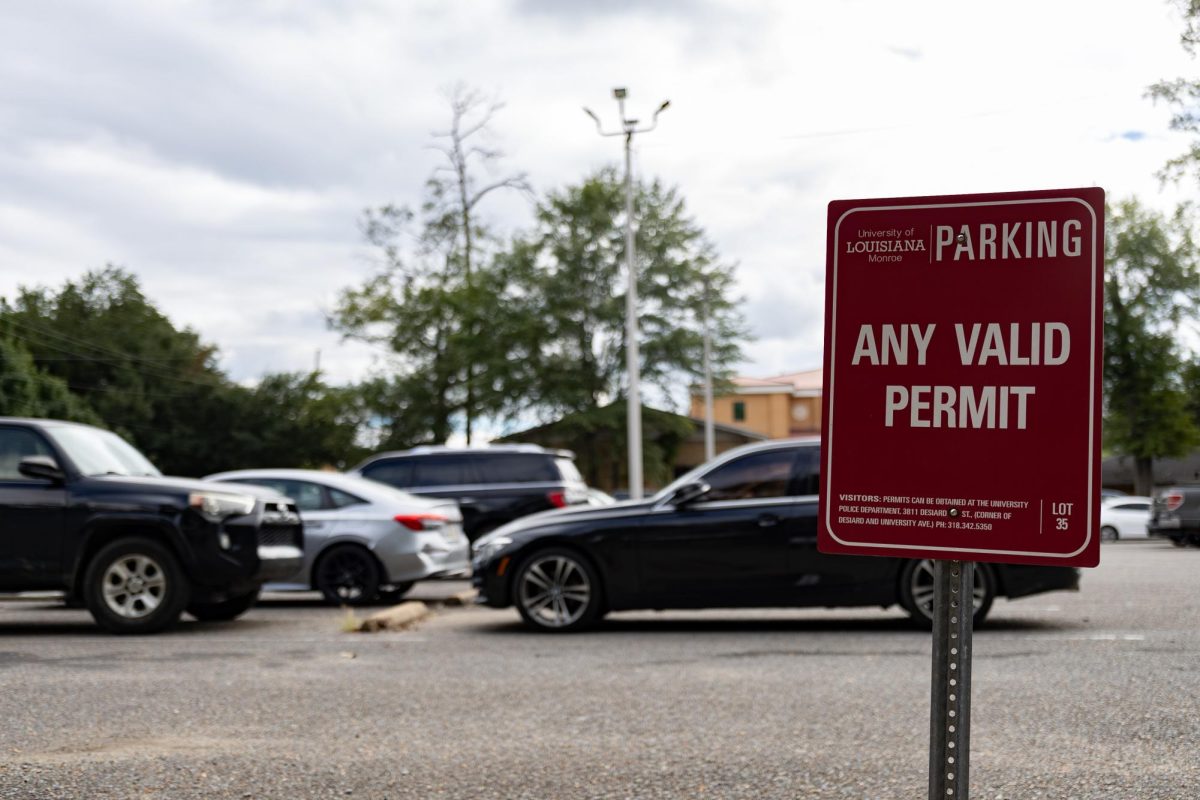When a B becomes an F, students naturally wonder who is to blame — the lecturer, the system or themselves? Professors play an important role in supporting students’ learning. However, the responsibility for welcoming that support falls primarily on students.
Rather than accepting responsibility, attending class, completing assignments and developing effective study habits, students often blame professors for poor grades.
Beyond distractions, academic rigor also tests persistence; 3000- and 4000-level courses can be challenging. This is especially true for students who only narrowly passed prerequisite courses; success requires seriousness and consistent effort.
For example, in a computer science class, lecturers cannot be expected to turn students into experts in a language like Python or Java. They provide a foundation; it is up to students to pursue projects and real-world applications outside class.
Junior mathematics major Joshua Harrison spoke on the issue.
“I personally see my failings as a problem with my own study habits, but sometimes a professor just isn’t the right fit for a given student,” Harrison said. “There are countless resources available today, and it’s generally up to the student to find the motivation to push through even a poorly run course.”
Importantly, failure is not final. By identifying their struggles and using ULM’s resources like the library, Supplemental Instructors (SIs), one-to-one tutoring at the SSC, and professors’ office hours—students can improve their grades through effort and consistency.
Patrick McGuire, an assistant professor of communication, said there are solutions to improving grades.
“Every lecturer puts their maximum effort into letting students pass the course by giving them office hours and resources,” McGuire said. “If a student is flunking, they have to see me in my office hours so that I can help them.”
In the end, pointing fingers will not fix the problem; instructors should communicate clearly and offer support. But students bear the primary responsibility to seek help and sustain effort. If students use the resources available and refine study habits— failure should be a steppingstone, not a final verdict.



